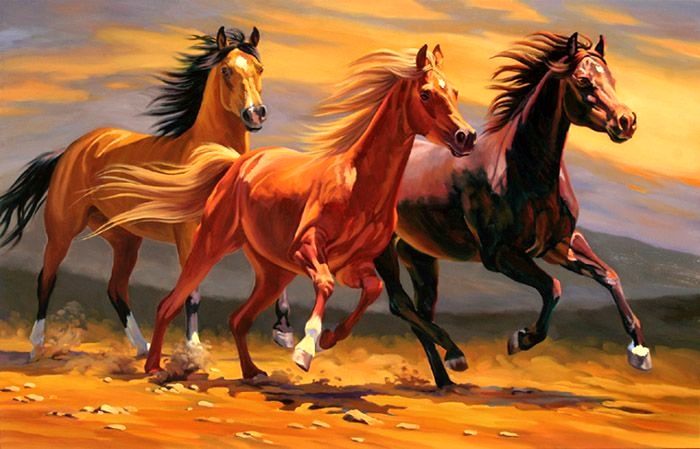An equine caretaker is a person who looks after horses. This person tends to the horses’ needs, such as grooming, feeding, exercising, and providing medical attention. They also provide companionship and emotional support to the horses. Equine caretakers may work in a variety of settings, such as racetracks, riding stables, and private homes.
⭐⭐⭐⭐⭐

⭐⭐⭐⭐⭐

I. What Qualifications Does an Equine Caretaker Need?
The qualifications for an equine caretaker can vary based on the particular job and setting. Generally speaking, caretakers should have a high school diploma or GED as well as some experience working with horses. They should understand horse behavior and be familiar with basic horse care, including grooming, feeding, and cleaning stalls. Some positions may require additional qualifications, such as a degree in animal science or a certification in equine care.
II. What Is the Role of an Equine Caretaker?
The primary role of an equine caretaker is to ensure the health and well-being of the horses in their care. This includes providing food, water, and shelter, as well as regular grooming, exercise, and medical attention. Caretakers should also observe the horses for any signs of illness or injury and report any concerns to their supervisor. In addition, caretakers should be able to build relationships with the horses, providing companionship and emotional support.
III. What Are the Duties of an Equine Caretaker?
The duties of an equine caretaker can vary depending on the job and setting. Generally, caretakers should be able to perform basic horse care tasks such as grooming, feeding, and exercising the horses. They should also be able to clean out the stalls, maintain the horse’s equipment, and keep track of veterinary records. In addition, caretakers should be able to recognize signs of illness or injury and know how to respond.
IV. What Is the Salary of an Equine Caretaker?
The salary of an equine caretaker can vary depending on the job and setting. Generally, caretakers can expect to make a median hourly wage of $12.00. However, salaries can range from $10.00 to $20.00 an hour depending on the duties, qualifications, and experience.
V. What Working Conditions Can an Equine Caretaker Expect?
The working conditions for an equine caretaker can vary depending on the job and setting. Generally, caretakers should expect to work outdoors in all types of weather, as well as indoors in barns, stables, and other horse-related areas. Caretakers should also expect to be on their feet for long periods of time and be able to lift and carry heavy objects. Additionally, caretakers should be prepared for long working hours and weekend work.
VI. What Are the Benefits of Being an Equine Caretaker?
Being an equine caretaker can be a rewarding job for those who love animals and enjoy working outdoors. Caretakers can take pride in knowing they are helping to keep horses healthy and happy. They can also gain a variety of skills, such as grooming, feeding, and medical knowledge. Additionally, caretakers can enjoy the companionship of the horses, as well as the satisfaction of building relationships with them.
VII. What Are the Challenges of Being an Equine Caretaker?
Being an equine caretaker can be a challenging job, as caretakers must be able to handle potentially difficult and aggressive animals. They must also be able to recognize signs of illness or injury and know how to respond. Additionally, caretakers should be prepared for long working hours and weekend work.
VIII. Are There Professional Organizations for Equine Caretakers?
Yes, there are several professional organizations for equine caretakers. These organizations provide educational and networking opportunities as well as resources, such as job postings and continuing education opportunities. Some of the most popular organizations include the American Association of Equine Practitioners (AAEP) and the Professional Association of Therapeutic Horsemanship International (PATH).
IX. Are There Equine Caretaker Programs?
Yes, there are several equine caretaker programs available. These programs can provide the educational background and training necessary to become an equine caretaker. They typically cover topics such as horse behavior, horse nutrition, grooming, and medical care. Additionally, some programs offer hands-on experience with horses.
X. What Is the Future of Equine Caretaking?
The future of equine caretaking looks bright. As people become increasingly aware of the importance of proper horse care, the demand for equine caretakers is expected to grow. Additionally, advances in technology, such as the development of robotic grooming and other automated caretaking tasks, could create new opportunities for caretakers.
Overall, being an equine caretaker is a rewarding and challenging job for those who love animals and are passionate about horse care. With the right qualifications, skills, and attitude, an equine caretaker can look forward to providing a vital service to the horse community.

